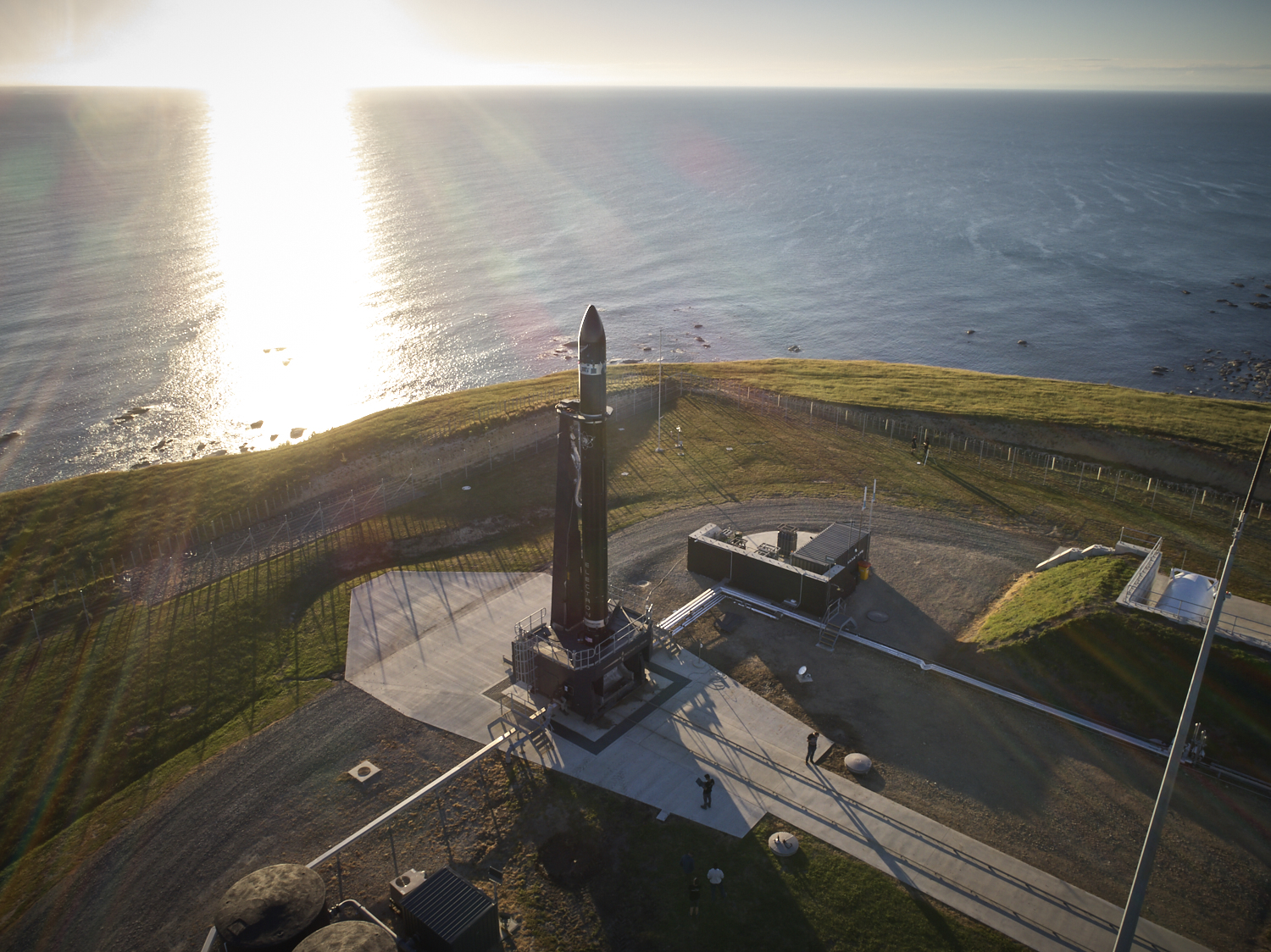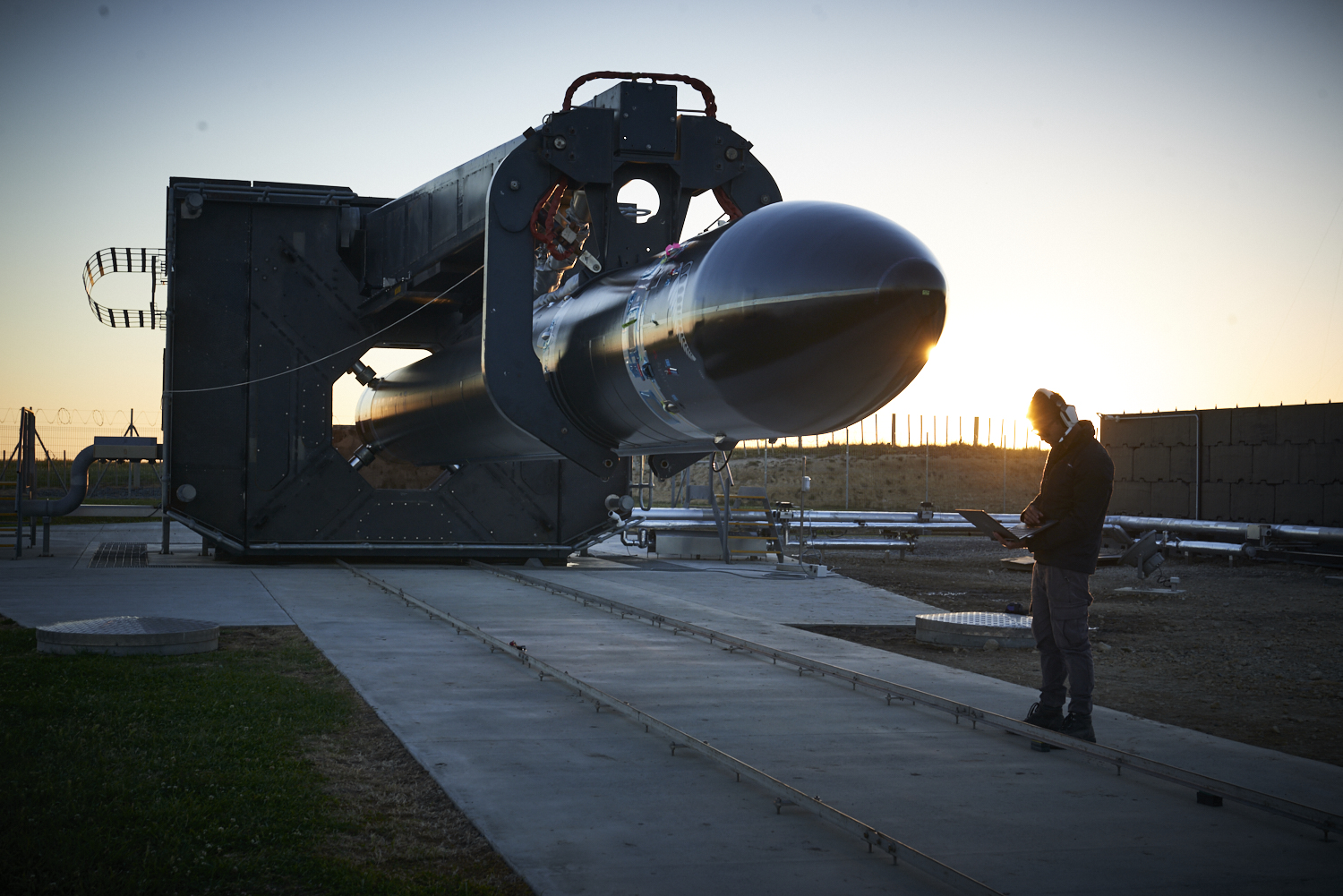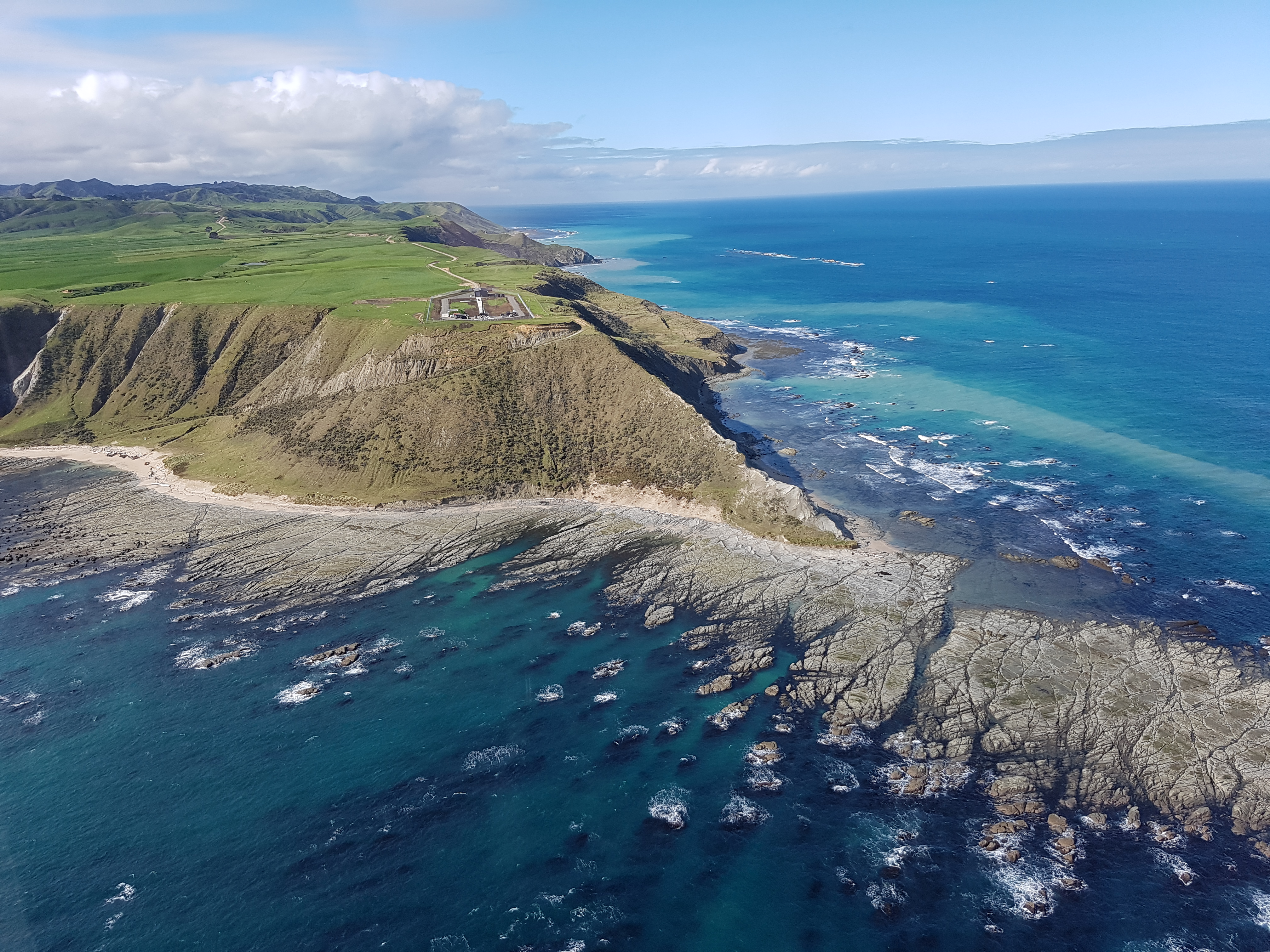Rocket Lab's Tiny-Satellite Launcher Will Get 2nd Test in December

The spaceflight startup Rocket Lab has scheduled the second test flight of its innovative Electron rocket, a small vehicle built to accommodate small satellites and other petite payloads.
The 10-day launch window opens Dec. 8 and will take place at Rocket Lab's private launch facility on the Mahia Peninsula in New Zealand, the company announced today (Nov. 29). The launch, titled "Still Testing," will be livestreamed on the company's website, according to the statement.
Despite its test status, the rocket will carry and, if all goes according to plan, deploy three customer satellites. The payload will include one Earth-imaging Dove satellite (about the size of a loaf of bread) for the private company Planet (formerly Planet Labs), and two Lemur-2 satellites for the private company Spire, which uses the Earth-observing satellites for weather mapping and ship-traffic tracking, according to the statement from Rocket Lab. [Satellite Quiz: How Well Do You Know What's Orbiting Earth?]

Rocket Lab's first test flight of an Electron rocket took place on May 25, after being delayed several days by bad weather. Peter Beck, the company's CEO and founder, said in the statement that the company is "still very much operating in a test phase and can likely expect a few scrubs during the second test flight attempt."
During the first Electron test launch, the third stage of the rocket failed to reach its intended altitude of 310 miles (500 kilometers). Nevertheless, the company said at the time that it had no plans to delay the second test launch (which was initially scheduled for summer 2017). In August, Rocket Lab released a statement saying that a review of the May 25 launch "found the launch had to be terminated due to an independent contractor's ground equipment issue, rather than an issue with the rocket."
"We're thrilled with Electron's performance in the first test flight, and now we’re eager to test the next crucial step — payload deployment," Beck said in the statement. "No major changes to the launch vehicle hardware have been required, the third-party error that meant we didn't make orbit has been corrected and we're focusing on the six Electron vehicles in production right now."

The Electron rocket, which stands about 55 feet (17 meters) tall and has a nominal payload capacity of 330 lbs. (150 kilograms), was built primarily to accommodate the emerging small-satellite industry, Beck told Space.com last year. Most rockets can typically carry payloads of many thousands of pounds, which means customers with small payloads have to "piggyback" on those flights. With its Electron rocket, Rocket Lab is aiming to provide customers with more control over the timing, frequency and destination of flights, Beck said.
Get the Space.com Newsletter
Breaking space news, the latest updates on rocket launches, skywatching events and more!
Rocket Lab is not the only company pursuing a small-scale launch vehicle. One of Rocket Lab's biggest competitors is Virgin Orbit (previously part of Virgin Galactic), which is planning to start test flights of its LauncherOne small-satellite launch system in 2018 and may fly its first customer payloads before 2019. Another company, Vector Space Systems, is working on its Vector-R rocket, which has an even smaller payload capacity than the Electron. Vector completed a low-altitude test flight of the rocket earlier this year.
Follow Calla Cofield @callacofield.Follow us @Spacedotcom, Facebook and Google+. Original article on Space.com.
Join our Space Forums to keep talking space on the latest missions, night sky and more! And if you have a news tip, correction or comment, let us know at: community@space.com.

Calla Cofield joined Space.com's crew in October 2014. She enjoys writing about black holes, exploding stars, ripples in space-time, science in comic books, and all the mysteries of the cosmos. Prior to joining Space.com Calla worked as a freelance writer, with her work appearing in APS News, Symmetry magazine, Scientific American, Nature News, Physics World, and others. From 2010 to 2014 she was a producer for The Physics Central Podcast. Previously, Calla worked at the American Museum of Natural History in New York City (hands down the best office building ever) and SLAC National Accelerator Laboratory in California. Calla studied physics at the University of Massachusetts, Amherst and is originally from Sandy, Utah. In 2018, Calla left Space.com to join NASA's Jet Propulsion Laboratory media team where she oversees astronomy, physics, exoplanets and the Cold Atom Lab mission. She has been underground at three of the largest particle accelerators in the world and would really like to know what the heck dark matter is. Contact Calla via: E-Mail – Twitter









